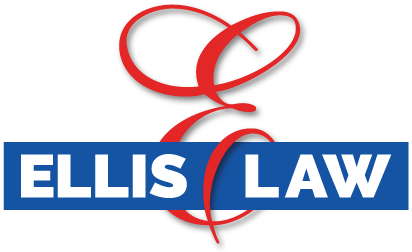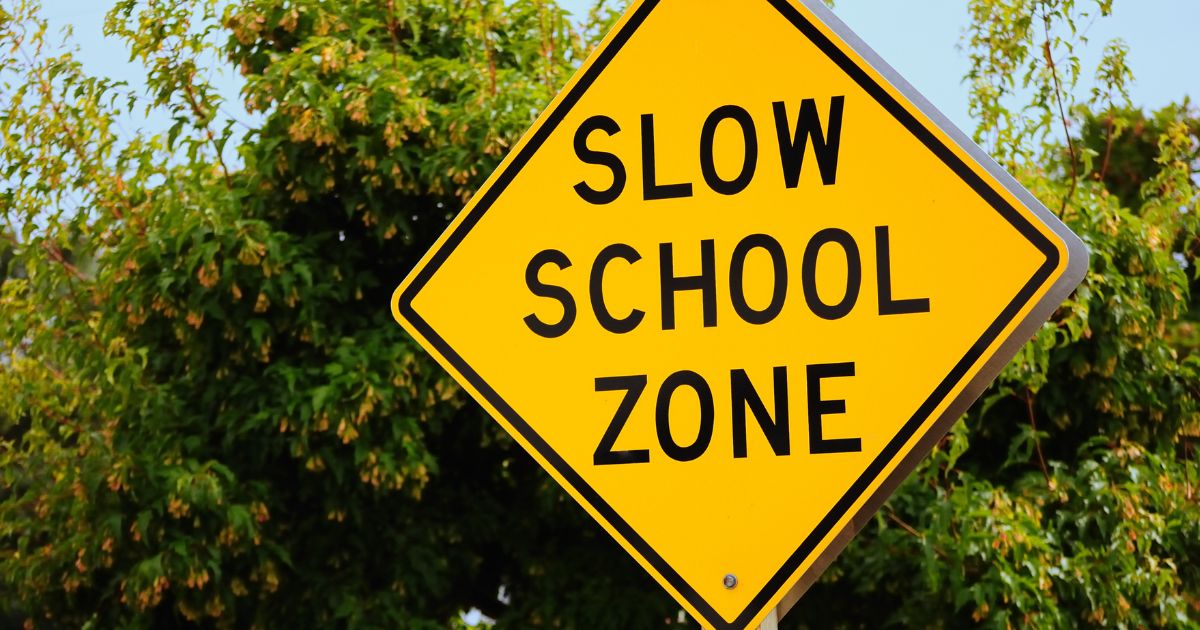Speeding is one of the most ticketed offenses in most states across the country, including New Jersey. Depending on the manner of the speeding violation and the location of where it occurred will likely play a major role in the severity of the punishment, such as fines, points on your license, or even a license suspension. Speeding in a school zone, one such area in the state that requires cautious driving and abiding to the school zone’s speed limit, often carries more serious consequences and fines because school zones are designed to protect children.
School zones are areas on the road, usually beginning and ending a few hundred feet from a school, that restrict the speeds of drivers going through. They are normally operational during school hours each day, such as during the opening of school, recess, and when school lets out.
If you go over the speed limit in a school zone, you may get a ticket because an official or a speed camera caught you. The simplest way to avoid a speeding ticket in a school zone is to abide by the laws, drive carefully, and do not exceed 25 mph. School zones will likely have other pedestrians, buses, and crossing guards to look out for, so remaining cautious in a school zone is the best way to avoid a ticket.
School Zone Speeding Ticket Options
If you do get caught speeding in a school zone, either by the police or by the speed camera, there are a few options open to you to handle it:
- Pay the fine: The cost of the fine will depend on how fast you were going over the speed limit. You will likely have higher insurance premiums to pay over the next three years, and points will be added to your driving record. You will likely receive two or more points for speeding in a school zone.
- Fight the ticket in court: You can choose to dispute the ticket in front of a judge in hopes they will reduce the fine or dismiss the ticket. The outcome of this route is not guaranteed, and you will have to convince the judge why the fine should be reduced or the ticket dismissed. Furthermore, you may end up having to pay the fine along with court costs.
- Traffic school: With the traffic school option, you still would have to pay the fine and the ticket will remain on your riving record, but the ticket will be hidden from insurance companies which will protect your from having to pay more in insurance premiums.
- Trial by written declaration: A trial by written declaration is a way to dispute your traffic ticket in writing instead of facing a judge. This is probably the best option to do first if you want to try to get your ticket dismissed. Having your ticket dismissed means there is no record of it, you do not have to pay a fine and there are no points added to your record. Additionally, you can ask for a new trial or go to traffic school if the trial by written declaration option does not work. As with a standard trial, the outcome is not guaranteed, and you may end of having to pay the fine.
If you choose to dispute your speeding ticket, the first thing you need to document is the location of where the school zone is and what the alleged speed you were going is. The next thing you could do is to determine if school was in session at the time of you received the ticket, because the school zone warning lights may have been on by mistake and then you would have a strong case disputing the ticket.
Go back to the school zone and locate the zone signs and markers. It is possible that they are out of view or blocked by a tree or other signs. Or perhaps there is not an adequate amount of school zone warnings to begin with. Finally, getting help by a traffic ticket attorney can help guide you in the right direction.
Speed Limits in New Jersey
When approaching inclement weather, dangerous curves, hillcrests, pedestrian crossings, or other hazards, drivers in New Jersey must take it upon themselves to reduce their speed and driver cautiously, regardless of what the posted speed limit is. The speed limits in New Jersey are referred to as “prima facie”, or presumed, meaning that if you are ticketed for a “prima facie” speed limit, you still may be able to fight it if you could show that the speed you were travelling was still safe despite being over the posted limit. The “prima facie” speed limits in New Jersey are:
- Residential and business zones: 25 mph
- School zones: 25 mph
- Certain portions of Route 130: 25 mph or 35 mph
- Low-density business and residential zones: 35 mph
- All other zones: 50 mph
- State highways: 55 mph
- Interstate highways: 65 mph and above
What are the Fines and Other Penalties for Speeding in New Jersey?
The punishment for speeding in New Jersey chiefly depends on how fast over the limit you were going and whether you were in a safe corridor, like a school zone, a construction zone, or a 65-mph zone. The following are the monetary fines you will have to pay if you were caught speeding outside of a safe corridor:
- Over speed limit by 1 to 9 mph: $85
- Over speed limit by 10 to 14 mph: $95
- Over speed limit by 15 to 19 mph: $105
- Over speed limit by 20 to 24 mph: $205
- Over speed limit by 25 to 29 mph: $220
- Over speed limit by 30 to 34 mph: $240
- Over speed limit by 35 to 39 mph: $260
- Over speed limit by 40 or more mph: Required court appearance
The following fines are what you would pay if speeding in a safe corridor:
- Over speed limit by 1 to 9 mph: $140
- Over speed limit by 10 to 14 mph: $160
- Over speed limit by 15 to 19 mph: $180
- Over speed limit by 20 or more mph: Required court appearance.
The New Jersey Motor Vehicle Violation Commission will also add points to your driving record if you are caught speeding, in addition to being fined. If you receive enough points on your driving record, you will likely be subjected to more fines and a possible license suspension.
- Over speed limit by 1 to 14 mph: 2 points on driving record
- Over speed limit by 15 to 29 mph: 4 points on driving record
- Over speed limit by 30 or more mph: 5 points on driving record
A driver’s license suspension and additional fines will likely occur when you have amassed 12 or more points on your driving record at any given time.
Insurance companies in New Jersey have a point system as well called “insurance eligibility points.” These points are used to determine how much your premium is. If you get a speeding ticket, you will likely accumulate “insurance eligibility points,” which will result in higher insurance premiums for the next three years.
New Jersey Traffic Ticket Attorneys at Ellis Law, P.C. Help Drivers Ticketed with School Zone Speeding
If you have been ticketed for speeding or any moving violation, contact the New Jersey traffic ticket attorneys at Ellis Law, P.C. immediately. Our respected team has years of experience with these types of cases, and we can help you right away. Call us today at 732-308-0200 or fill out our online form for a free consultation. With our offices located in Freehold, New Jersey, we proudly serve all clients of Freehold, Asbury Park, East Brunswick, Toms River, Middletown, Jersey City, Long Branch, Neptune, Hudson County, Union County, Essex County, Monmouth County, Marlboro, and Ocean County, as well as Brooklyn and New York City.





